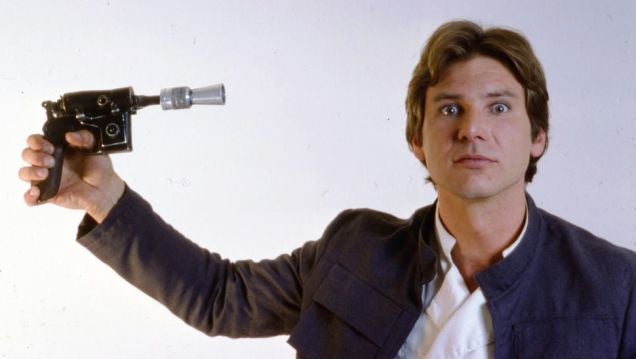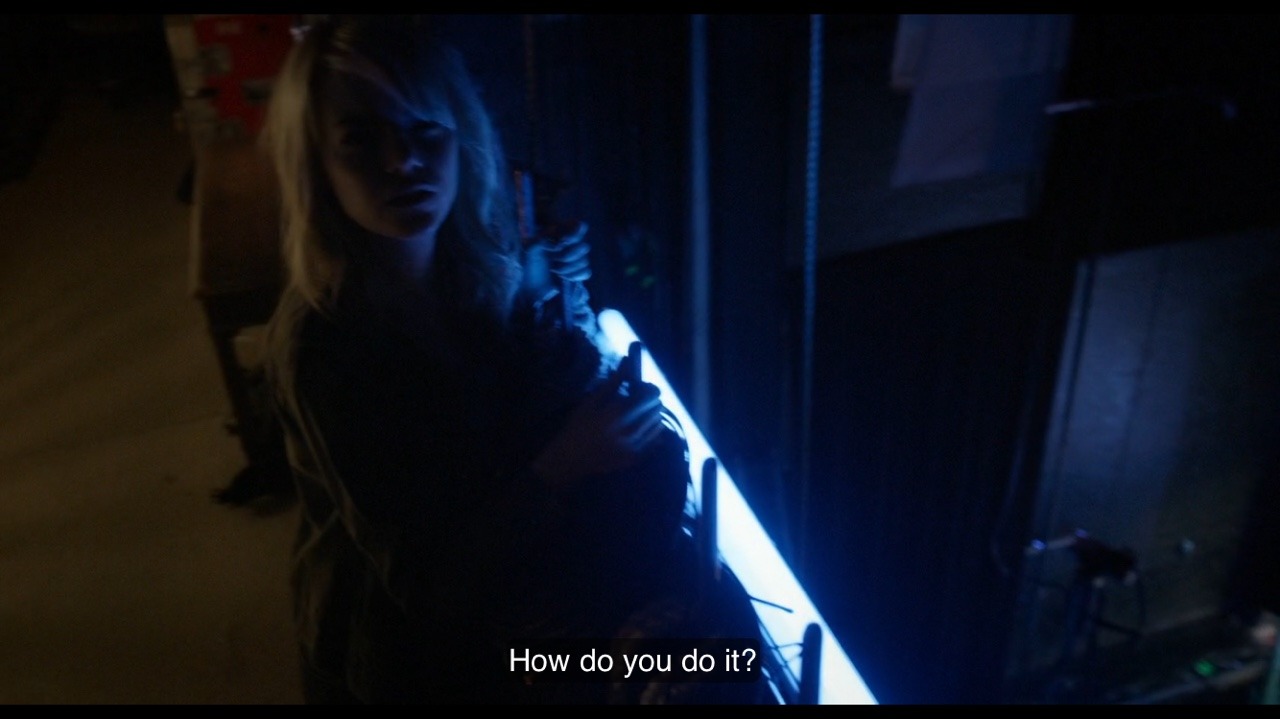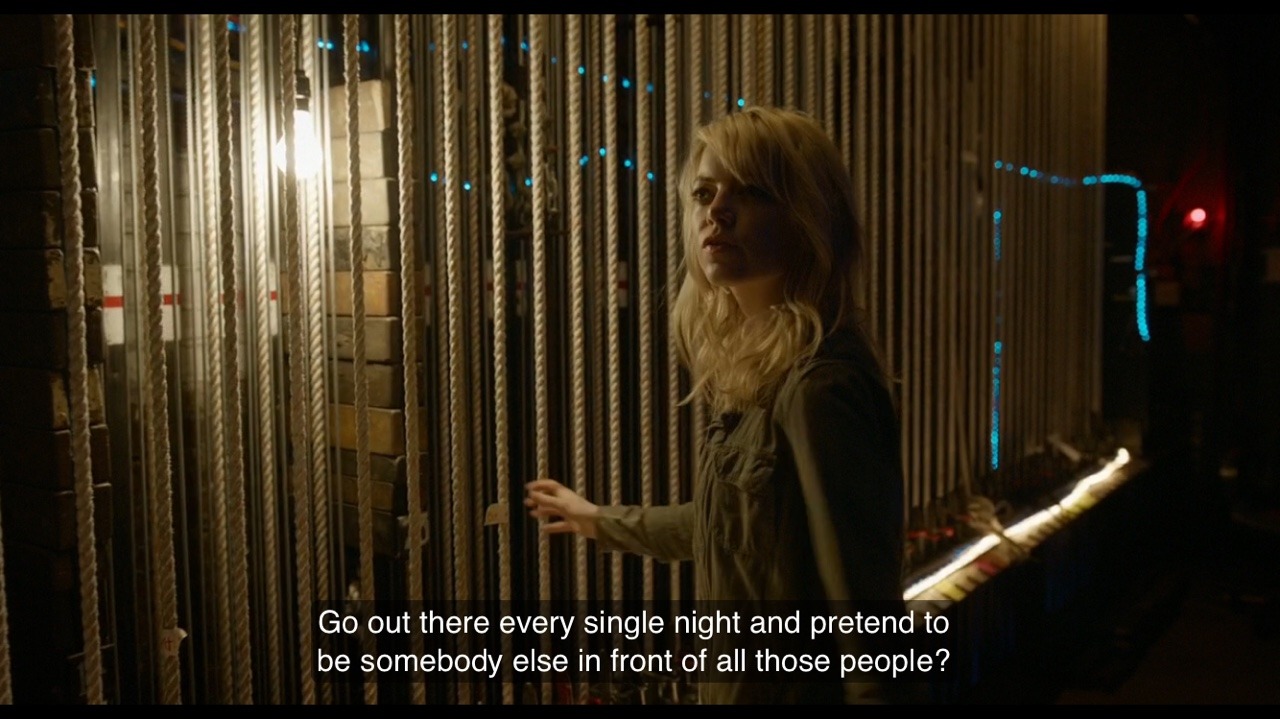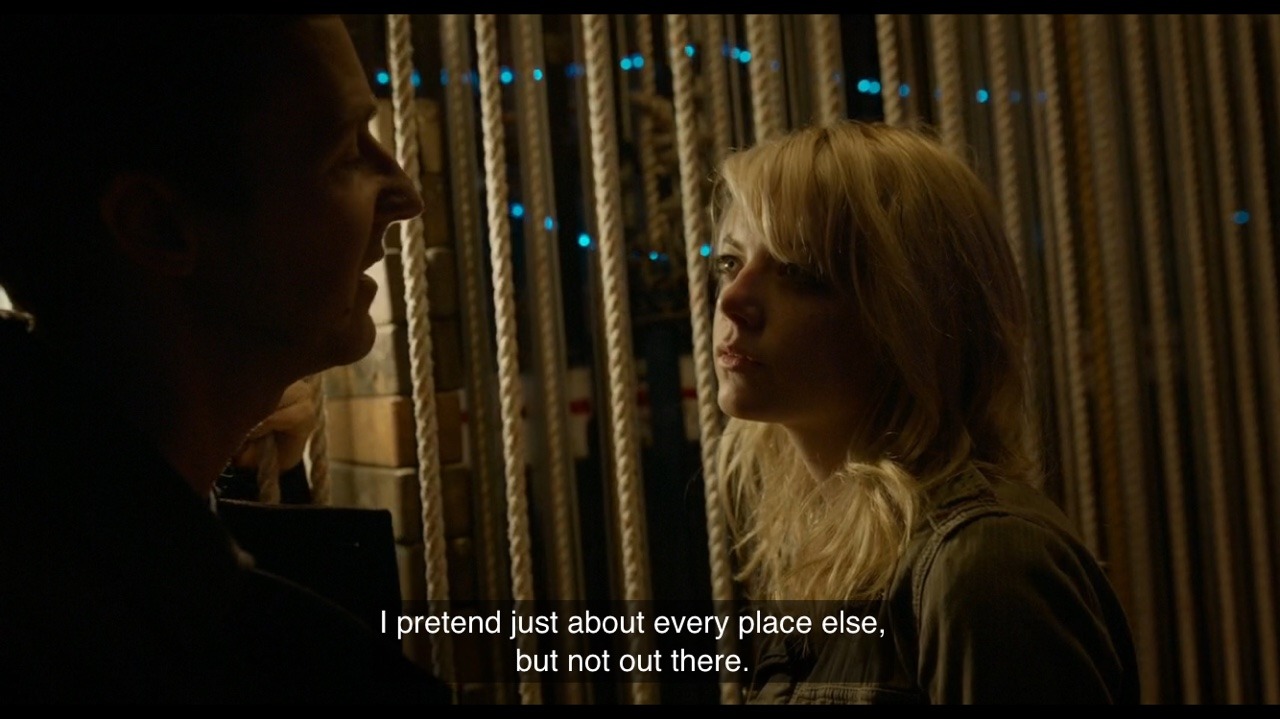
Mainly been sticking to the SG straight through the Vox, dry–no pedalboard.
I heard somebody say once that a musician in the studio should try to avoid outside influence in order to not let last minute influence negatively affect the work. Another way I understand it, is that the recording stage is the “end” of the musical creative process, and we deal enough with the unruly Crappy Valley. Have you heard of this?
Malcolm Gladwell writes about a place between epiphany and validation where the artist struggles against toxic second-guessing.
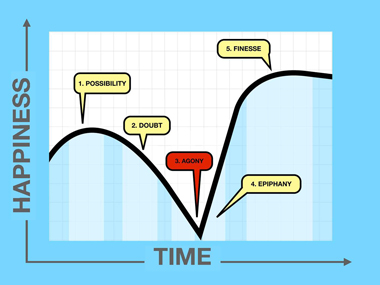
Crappy Valley
I’ve been feeling that a little bit—however I will say that I listen back through my Spotify playlist of influence songs to help keep me on-track. It’s an inspiration board for my ears. As promised last week, thar she blows—->
So what do I do now that I’m not listening to much music? PODCASTS!
Here are some of my fresh selections; I’ve picked ones in particular that stick to the theme of this blog:
Excellent peer into the minds and craft of some much-beloved songwriters. Adam Schlesinger, Nick Lowe, Van Dyke Parks, Neil Finn, They Might Be Giants, Todd Rundgren, Al Jarreau, Mike Stoller, Neil Sedaka, just to list a few. With two interviewers you’d think things might become unruly, but the presenters are verbally conservative and know how to position the right questions to draw out golden juices from their subjects to satisfy audiences.
Stand-out episodes: Mike Viola, Stuart Murdoch (Belle and Sebastian)
A fun, shorter (10-20 min), episodic romp that features songwriters/composers going wide and deep on the inspiration, development, and production of a single piece of music. I appreciate how there is no outside presenter’s voice. It is purely the writer’s narration, interspersed with clips of their track. Recently the podcast has accessed a lot more of TV/film composers like Alexandre Desplat, Game of Thrones and Avengers: Age of Ultron.
Stand-out episodes: The Postal Service, The Microphones, Converge.
Full disclosure: I’ve actually only listened to the first one with John Luther Adams, but a great listen. The editing feels more in terms of an NPR-journalistic style, which stands out from the rest of the efforts on this list. The interviewer is out-of-the-way and sounds more like a talk magazine. If the first episode is any indication, this is a solid listen.
Stand-out episodes: John Luther Adams (doy)
The singer/songwriter and Get-Up Kids frontman interviews various indie-rock friends and musicians, many time covering songwriting ground. Love this one because it feels really blue-collar.
Stand-out episodes: Chris Conley, Andy Hull, Kliph Scurlock, Rocky Votolato, Kevin Devine
Exceptional productivity advice from not-high-strung dudes Seth Workheiser and Bill Meis.
Stand-out episodes: #5 Project Management without Email
What other writing/craft/music related podcasts are you jazzed about that didn’t make the list?
Listening – currently tracking, I try not to listen to music that might influence me while I’m making records. I did really like the freshly-released. Low single. (link)
Watching – Orange Is The New Black S3
Reading – Back issues of Tape-Op, for the feels.
Playing – Alien Isolation – Xbox 360





